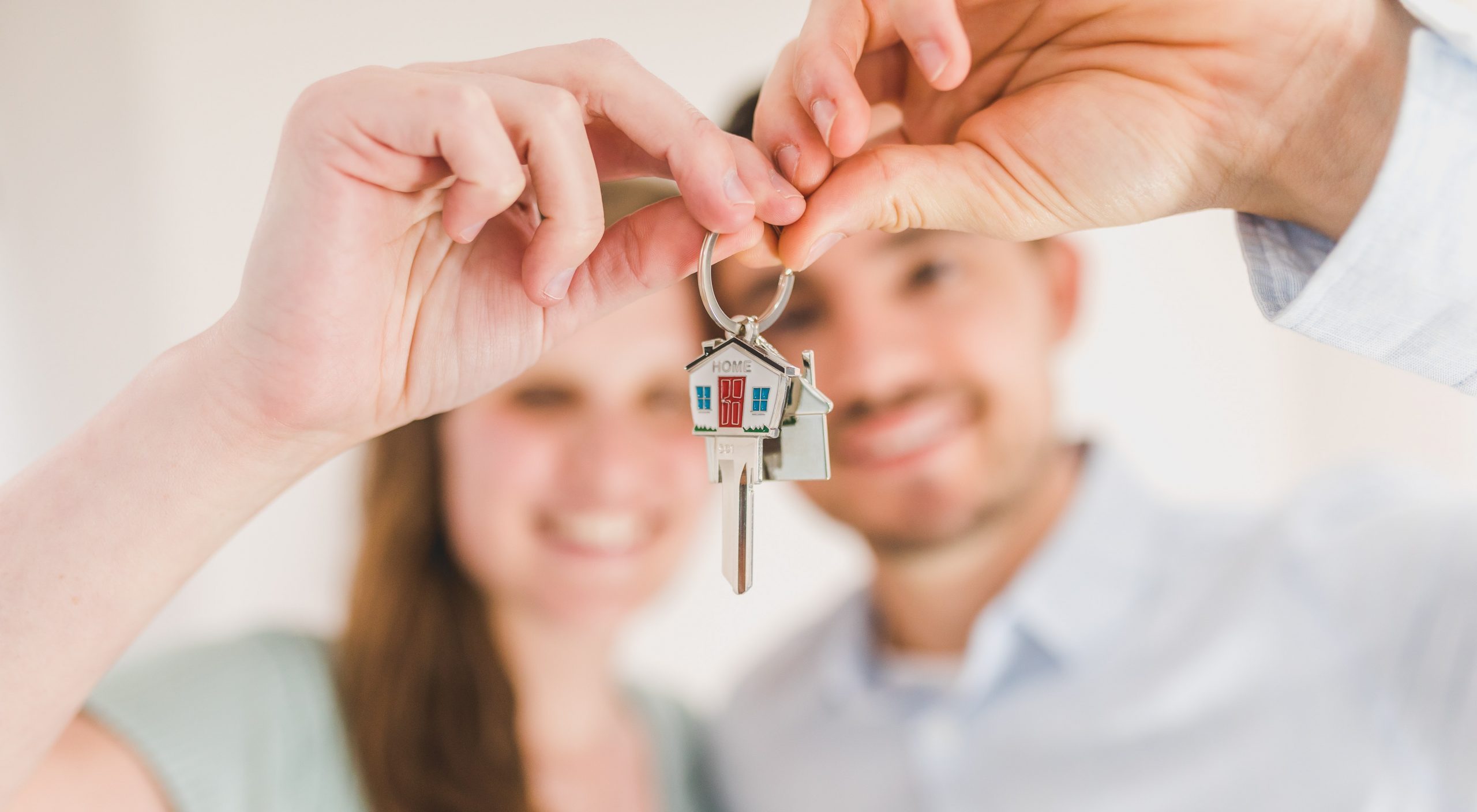If you have Bitcoin or other cryptos, you might be wondering: Can I use cryptocurrency…
Why Buying Real Estate in Up-and-Coming Areas is Better Than in Established Areas
Question:
What is a house? You could say it is a structure made out of brick, mortar, and wood. You could say it is a place where you live. Or, if you live in a large city like Boston or New York, you may say that it is an investment as well.
Traditionally, housing prices have been relatively affordable for the middle class population, especially after World War II. But as the decades moved along, starting most notably in the 1990s, something began to happen. The prices of houses increased. And although they tended to increase along with the price of inflation, the ’90s saw the prices of houses increase until they were becoming hard to afford, even for the middle class.
This situation was more pronounced in larger, urban areas, where jobs and education were more accessible. Eventually, more and more people flocked to the city to find their way and plant their roots. But more people meant more competition for homes, which led to one thing: astronomical house prices.
With their unique heritage and communities-within-communities, larger cities have something for just about everyone, except affordable housing. For instance, the average house price in Boston as of March 2019 is over $600,000. Even though only light increases are predicted, housing is still out of reach for many residents.
So what do you do? You can move far away from the big city, choose a simpler life in a small town and hope for the best, or you can choose to remain within the outskirts of a larger city, but just not in the city itself. In fact, if you are willing to move a small distance from the busy downtown core, you can still find affordable houses that are also a great investment. Here are some reasons why real estate investing in up-and-coming areas may be a better bet than established areas.
- More affordable prices: Even though prices are relative, buying a property in a potential growth area is still more affordable than buying in an established one. Also, properties taxes in the growth area will be less, natural areas could be more established, and there could be fewer bidding wars.
- Your property value could increase: It’s true – very few things in life are guaranteed. But if you look carefully and thoughtfully at up-and-coming areas for location, access to amenities, and current levels of property maintenance, you stand a good chance of finding the home in a neighborhood where, with the right renovations and a good dose of patience, where housing prices could increase.
- Easy to add value: Up-and-coming areas tend to have more homes that need some TLC. This offers great potential for someone who is either great at design or someone who has the finances to create value at less cost than needed in the metropolis itself.
- Strong mini-communities: Because they haven’t had the influx of investors, up-and-coming areas tend to have more long-term residents and therefore a greater sense of community.
- Enjoy the local: Do you like driving to big box stores to get your groceries, even just a bag of milk? What if you could actually walk to a local produce market instead? You can in an up-and-coming area. These places tend have more local businesses where you can walk to get your newspaper, milk, or bananas without needing your car and facing traffic. Support local life and enjoy a strong neighborhood of residents and business owners alike.
Diversifying your financial assets is a logical way of ensuring that your portfolio will enjoy a steady increase in value. Adding real estate, especially in an up-and-coming area outside of a city proper, as an investment to that portfolio can be a smart move. But like with any investment, make sure you can weather any ups and downs. If you can stay in for the long haul, then chances are your real estate investment will be a great one.




